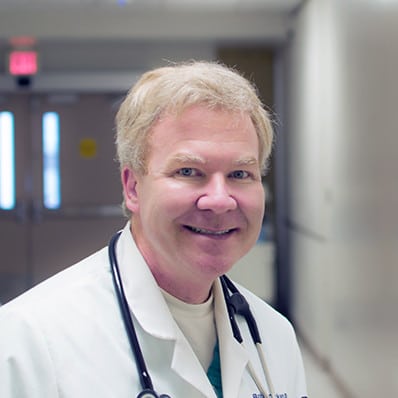Dr. Robert Corkern’s Legacy: Shaping Emergency Medicine for Tomorrow
Dr. Robert Corkern’s Legacy: Shaping Emergency Medicine for Tomorrow
Blog Article

Dr. Robert Corkern stands as a major figure in the world of disaster medication, providing groundbreaking advancement to both emergency response methods and hospital care models. His perform has changed the way in which emergency medical solutions (EMS) and crisis departments (EDs) perform, emphasizing improving the performance of care distribution, improving individual outcomes, and incorporating an even more detailed way of crisis management. By leveraging cutting-edge engineering, adopting mental wellness integration, and advocating for data-driven options, Dr Robert Corkern Mississippi has established herself as a leader in reshaping the ongoing future of crisis medicine.
1. Technological Invention in Crisis Reaction
Among Dr.Corkern's quality benefits to the subject of disaster care is his pioneering use of engineering to enhance equally response times and individual outcomes. Realizing the period is critical in an urgent situation, he has sent for the use of sophisticated systems that enable for real-time data discussing, telemedicine, and cellular wellness applications.
Real-Time GPS and Data Integration: Dr.Corkern has been at the lead of establishing GPS monitoring and real-time information sharing in to EMS systems. This enables paramedics to access up-to-the-minute home elevators the patient's problem, their actual area, and even traffic updates, helping to improve navigation and reduce delays in care.
Telemedicine in EMS: Knowledge the significance of pre-hospital attention, Dr.Corkern championed the integration of telemedicine in to emergency response efforts. Through virtual consultations between EMS clubs and hospital physicians, therapy ideas can be started early, ensuring that individuals obtain the right treatment before actually arriving at the hospital. This integration of distant attention provides an important layer of help for paramedics in the field.
2. Mental Health in Disaster Answer
Dr.Corkern is a huge trailblazer in handling the raising significance of psychological health care in emergency settings. As psychological health crises are often intertwined with bodily problems, his function has focused on ensuring that emotional wellness is built-into the broader crisis response framework.
Mental Health Situation Teams: Dr.Corkern has spearheaded the development of intellectual wellness disaster groups within EMS organizations. These clubs are composed of experts particularly trained to take care of mental emergencies, ensuring that persons experiencing a psychological health crisis—whether due to injury, psychosis, or emotional distress—receive quick and appropriate care.
Mental Health Instruction for EMS Workers: Dr.Corkern in addition has labored to increase psychological wellness training among all crisis responders. With paramedics trained to acknowledge and control psychiatric signs, the method of crisis attention becomes more holistic, approaching equally bodily injuries and emotional health concerns simultaneously. This integration decreases the chance of misdiagnosis and pointless hospitalizations, increasing overall take care of patients.
3. Improving Crisis Space Effectiveness and Patient Movement
Along with revolutionizing pre-hospital treatment, Dr.Corkern has built significant steps in improving the operations of crisis rooms. Overcrowding and postponed care in crisis departments have long been a challenge, and Dr.Corkern's work centers on improving individual movement, source administration, and triage systems to create better ER operations.
Predictive Analytics for ER Administration: Dr.Corkern has been crucial in the use of predictive analytics to estimate patient quantities and improve staffing degrees in hospitals. By anticipating spikes in patient numbers, hospitals can make certain that sources are given successfully, lowering wait times and increasing care supply throughout top periods.
Structured Triage and Care Pathways: Dr Robert Corkern has increased triage programs to prioritize patients on the basis of the seriousness of these conditions. That ensures that crisis areas can offer quick awareness of the most important individuals while effortlessly managing less urgent cases, fundamentally improving the overall individual experience. Report this page